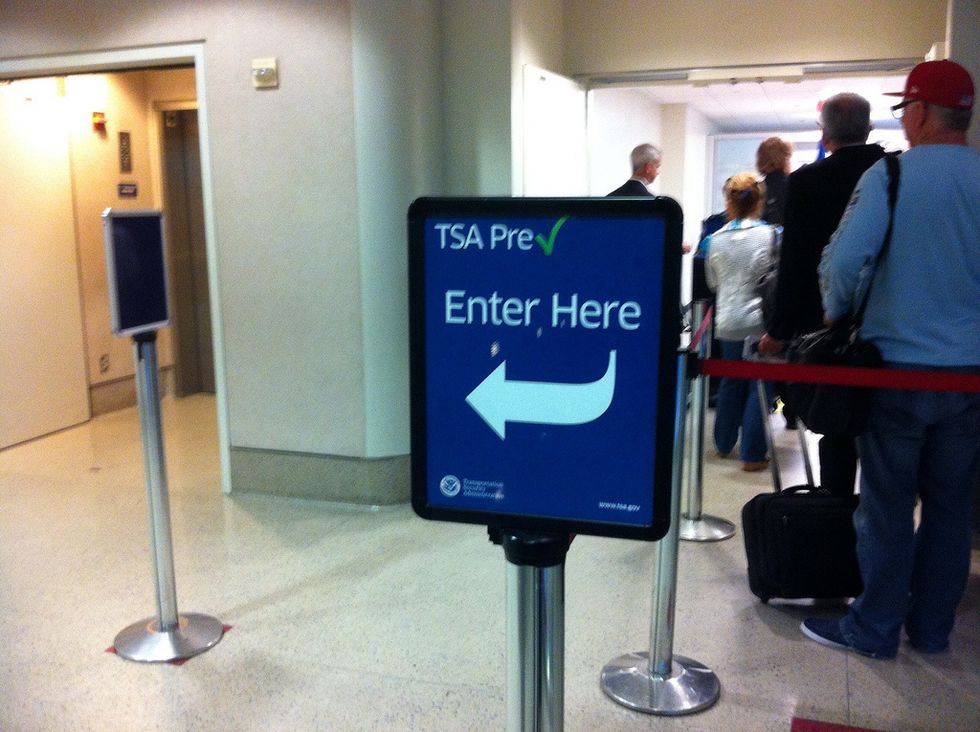Right now, for every traveler, TSA Precheck is the dream. Or at least it's as close to the dream as we're going to get. Airport security is an accepted part of travel in the modern era, spurred on by a few catastrophically tragic events that led to the consensus that it is unsafe to fly without first checking all of the passengers. Although the vast majority of travelers do not pose a direct threat to a flight, I would much rather be searched before a flight rather than risk a single person who is willing to take nefarious action.
Nonetheless, with the everpresent airport security around the world, why is it that in the United States we are presented with the option to sign up for TSA Precheck? Just about every airport in the US not only provides it as an option, but advertises for it all around the security screening zone. TSA Precheck is a service offered by the Transportation Security Administration, an official branch of the United States Department of Homeland Security. For a very small fee that likely covers the cost of the screening itself, enrolled travelers are granted access to shorter security lines that don't require the removal of shoes, belts, and coats. Additionally, travelers don't have to worry about removing their laptops or liquids from their carry-on bags.
Is this a normal element of travel that people from all over the world are experiencing in their own countries? In short, no. In my experience in airports throughout Europe, security lines boasting rapid screening were reserved for travelers who had paid their airline more for the privilege, or for customers who were traveling short distances (i.e., in the Copenhagen airport, domestic travel). Even then, this simply meant a line that was likely to be shorter; the screening itself is just as thorough. I can't speak for airports outside of these regions because, despite my research, there doesn't seem to be much information on the matter. This leads me to believe that this program is exclusively American, but whether that's good or bad might depend on your perspective.
On a positive note, there is no doubt that the service itself is very convenient. It's something that travelers have wanted for a long time, and it represents a move toward faster air travel, something we've yearned for since the advent of tough airport security. Not only that, but the service is open to everyone. Every single American can take advantage of this opportunity for easier travel. The only barrier aside from the requirements themselves is monetary.
The requirement of payment and the prevalence of advertising brings the program into the more nebulous territory; the United States government is charging its citizens to participate in something that provides extra convenience. Yes, most people using the service are those traveling for business where the business will pay the fee, but it still casts a chasm between travelers who can afford it and those who cannot. Airlines charging exorbitant amounts of money is one thing, but airlines are businesses, they can do what they want. The United States government, on the other hand, regulates the way we operate in our daily lives and it isn't going anywhere anytime soon. What the government says, goes. If you don't like it, it takes a whole lot of work to incite any change.

















